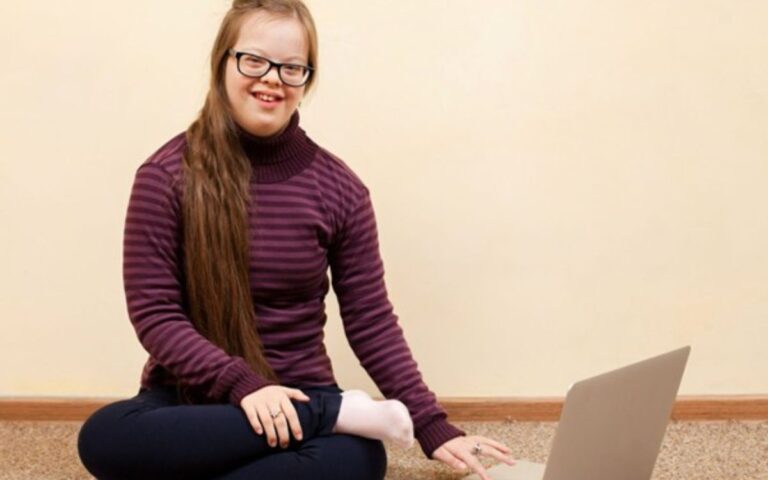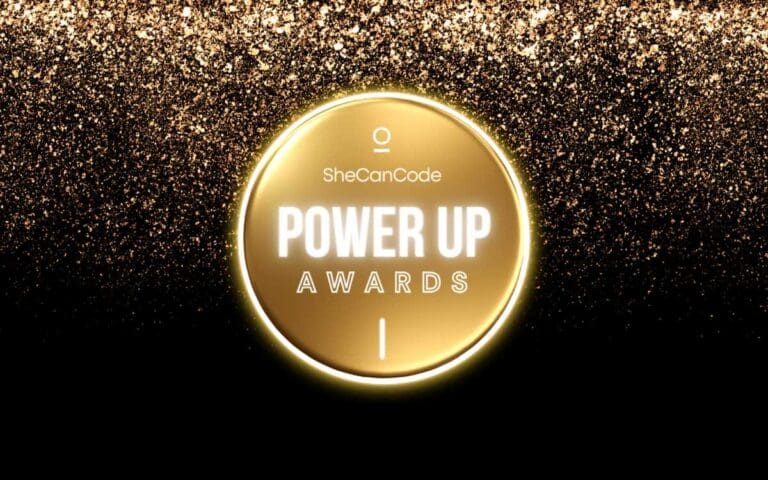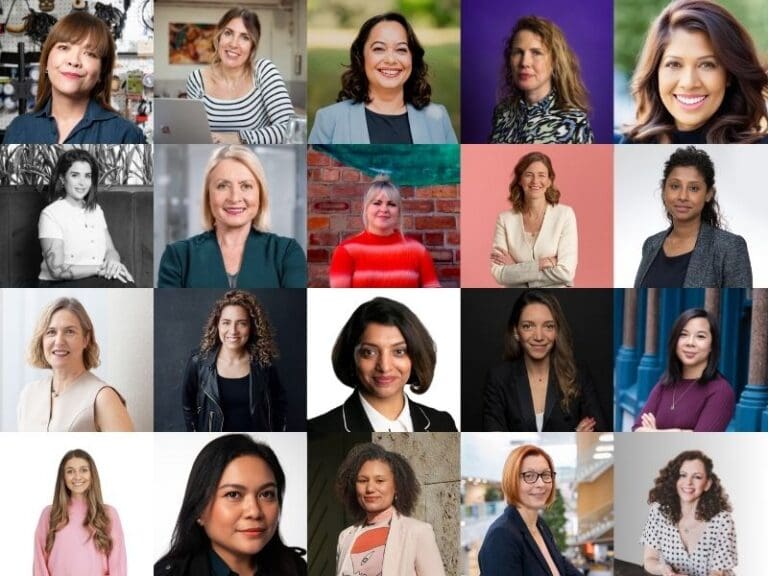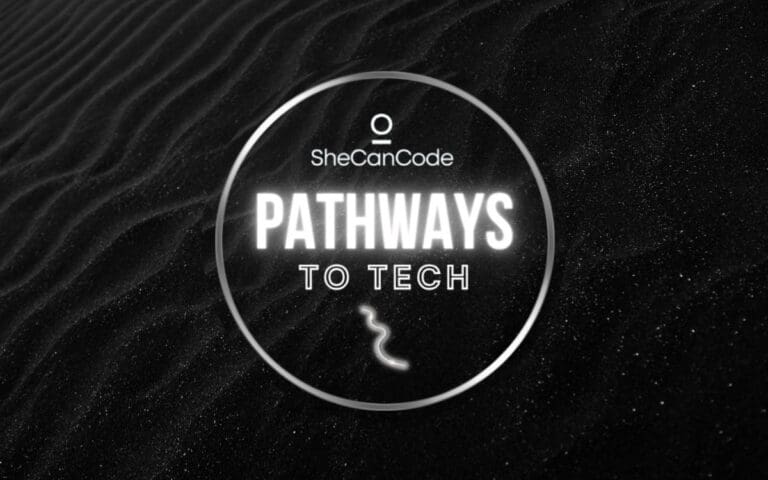Dragana Babić is a pioneering leader in the tech industry from Bosnia and Herzegovina, where she serves as the CEO of The First International CyberSchool of the Future for the New IT Generation, KIBERone, in Banja Luka.
 As a Google Women Techmakers Ambassador from Bosnia and Herzegovina and the first female Country Leader of the WomenTech Network in her country, Dragana has dedicated her career to empowering women and youth in technology, particularly in underrepresented regions. She has been a finalist for prestigious awards, including the Women Changing the World Awards 2024, the WomenTech Network Global Awards 2023, and Europe’s Best Digital Changemaker 2024, recognizing her contributions to cultural diversity, inclusion, and community impact.
As a Google Women Techmakers Ambassador from Bosnia and Herzegovina and the first female Country Leader of the WomenTech Network in her country, Dragana has dedicated her career to empowering women and youth in technology, particularly in underrepresented regions. She has been a finalist for prestigious awards, including the Women Changing the World Awards 2024, the WomenTech Network Global Awards 2023, and Europe’s Best Digital Changemaker 2024, recognizing her contributions to cultural diversity, inclusion, and community impact.
Through her work, Dragana has also achieved membership in the prestigious RedBox Me by Cartier, becoming the first woman from the Balkans to join this modern Agora that brings together exceptional global leaders, artists, and innovators. Her ongoing efforts focus on breaking barriers, fostering inclusivity, and inspiring the next generation of tech leaders.
Breaking into the world of technology is a challenge for many, but when societal biases intersect with unique learning needs, the barriers can feel insurmountable.
For the past year and a half, I’ve had the privilege of mentoring a 15-year-old girl with Down syndrome in programming, a journey that’s reshaped both of our perspectives on what’s possible.
Starting with Accessibility
We began our lessons using beginner-friendly tools like Scratch and Google Blockly, which use visual blocks to simplify complex programming concepts. These platforms are designed to make coding accessible to all learners, regardless of their background or abilities. For her, these tools not only offered a gentle introduction to logic and computational thinking but also fostered confidence in tackling challenges step by step.
Resources like the Hour of Code further enriched the learning process, offering hands-on tutorials that made abstract concepts fun and engaging. Each milestone she reached, from understanding loops to solving logic puzzles, reinforced her growing sense of capability.
Finding Passion in Code
As her skills grew, so did her confidence. We transitioned to more advanced tools and explored areas of programming where she could express her creativity. Front-end development quickly became her favorite domain, offering a way to merge logic with visual expression. Platforms like Code Tribe provided an ideal space for her to thrive, and it was evident that her interest had transformed into genuine passion.
This passion was a game-changer. It shifted our lessons from simply learning coding principles to discovering how technology can empower her to think creatively and solve problems in ways that resonate with her.
Beyond the Code: Building Confidence
The progress she made wasn’t just technical. Her newfound confidence was clear to everyone around her—teachers, family, and peers alike. Each lesson became an opportunity for her to showcase not just her coding skills but also her ability to learn, adapt, and excel in a space that initially felt out of reach.
The Power of Inclusion
Working with her underscored the immense value of inclusive education in technology. Digital literacy often remains overlooked for children with Down syndrome, yet it can serve as a vital tool for fostering independence and self-expression. With the right support, these learners can achieve just as much as their peers, proving that inclusion isn’t just a feel-good goal—it’s essential for building a truly equitable tech industry.
A Transformative Journey
This experience has been one of the most rewarding of my career. Teaching her to code wasn’t just about introducing her to technology; it was about redefining what’s possible for young people with Down syndrome.
As I look back on our time together, I don’t just feel pride in what she’s achieved. I feel gratitude. Because in teaching her, I’ve learned some of the most important lessons of my life: that patience and belief can move mountains, that potential knows no bounds, and that the simplest acts of encouragement can unlock extraordinary possibilities.
Her journey is a reminder to all of us—there’s no limit to what we can achieve when someone believes in us, and no greater joy than being that person for someone else.








